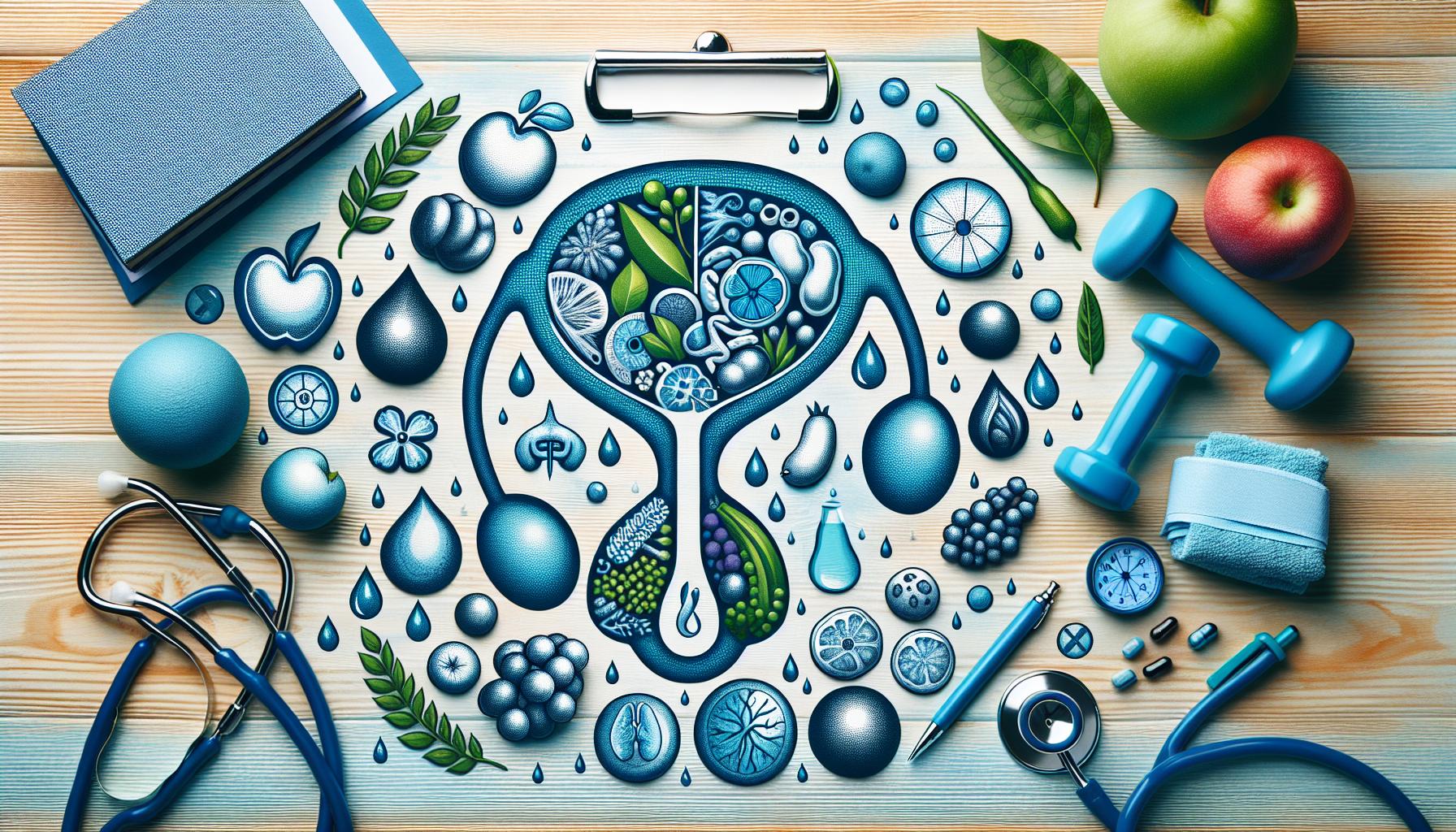Introduction
Are you grappling with the question, “What should be your go-to diet if you’re a patient battling prostate cancer?” To put it in a nutshell, a diet rich in fruits, vegetables, whole grains, lean proteins, and low in red and processed meats is recommended by experts for those tackling prostate cancer. This balanced diet is not only poised to possibly slow down the progression of the disease, but it also contributes to overall health, delivering a power-packed punch of essential nutrients. In the nitty-gritty of this article, we’ll explore this diet in more detail, present some sample meals, and elucidate the nuances of managing your diet while undergoing cancer treatments.
The Diet Rundown
The play of plate portions and your choice of chow considerably impact your overall health and specifically your cancer journey. To begin with, fruits and vegetables are veritable treasure troves of vitamins, minerals, and antioxidants, all of which aid in bolstering your body’s defence mechanisms. Seek out a vivid variety – from the bright orange pumpkins and the radiant red tomatoes to the vibrant greens of broccoli and spinach. Each adds a unique nutrient profile to your plate, filling it not just with color but also health.
Super Grains and Proteins
Whole grains, including brown rice, oats, and quinoa, are the substitute stars for refined grains like white rice or regular pasta. They’ve got fibre aplenty and keep your body fuelled and functioning at its best. Lean proteins, on the other hand, such as fish, poultry, legumes, and tofu, take center stage in the recommended diet, pushing red and processed meats into the wings.
Limiting Unhealthy Fats and Sugars
The battle against prostate cancer leaves no room for unhealthy fats and sugars. They’ve got to take the highway, making way for their healthier counterparts. Monounsaturated and polyunsaturated fats found in olive oil, nuts, seeds, and avocados are sound selections over trans fats and saturated fats from junk food. Similarly, lay off the sugars found abundantly in desserts, candies, and sodas. They may offer a temporary sweet respite but aren’t your best mates for the long haul.
Incorporating Dairy Moderately
Contrary to completely cutting them out, aim to incorporate dairy products moderately in your diet. It’s all about balance and understanding that the ”whole” is greater than the sum of its separate foods.
Hydration Is Key
There’s no substitute for hydration, make no mistake! It’s a non-negotiable element of any healthy diet regimen. Consistent intake of water flushes out toxins and ensures your body functions at its best. So, remember to take frequent sips and keep yourself well hydrated.
Dietary Supplements: A Decision Best Made With Your Doctor
Taking the route of dietary supplements might seem tempting in lieu of consuming wholesome food. However, it’s wise to remember, they’re not a full substitute for a balanced diet, just an addendum. Always converse with your healthcare provider to better guide your choices.
Conclusion
Your diet, albeit an important part of the health equation, is just one factor in the battle against prostate cancer. Regular exercise and optimal sleep coupled with a balanced diet pack a solid, healthful punch. Armed with this knowledge, you can prepare a diet plan strategically suited to not just combat prostate cancer but also helps in fostering overall well-being.
Frequently Asked Questions
1. What foods should I avoid with prostate cancer?
Avoid alcohol, red and processed meats, dairy products in excess, fried food, and foods rich in trans fats and added sugar.
2. Which fruits are good for prostate cancer?
Berries, apples, citrus fruits, and tomatoes are great choices due to their high antioxidant content.
3. Can diet prevent prostate cancer?
No specific diet can guarantee prevention, but a balanced diet incorporating fruits, vegetables, whole grains, lean proteins can contribute to overall health and potentially lower the risk of developing prostate cancer.
4. Are eggs bad for prostate cancer?
Eggs in moderation are part of a balanced diet, but excess consumption, particularly of yolks, which are high in cholesterol may be detrimental.
5. Are spicy foods bad for prostate cancer?
There’s no established link between spicy foods and prostate cancer. However, those with a sensitive digestion or inflammation might find such foods uncomfortable.


